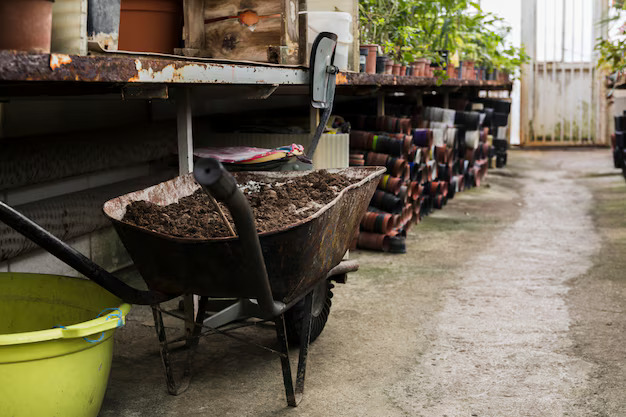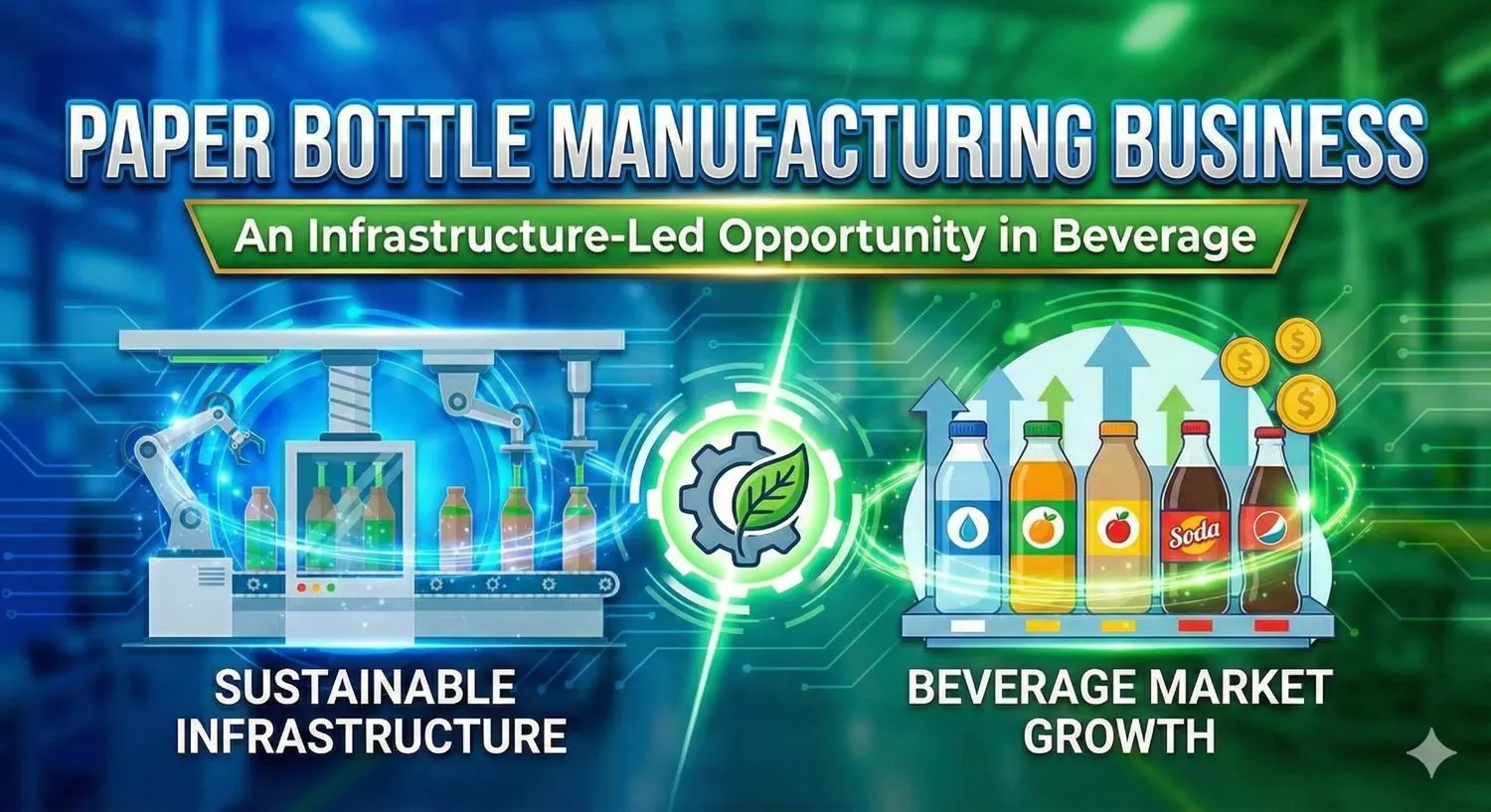Vermiculture, the art and science of using earthworms to convert organic waste into valuable products, presents immense opportunities in sustainable agriculture, waste management, and eco-friendly business ventures. As global awareness about environmental preservation grows, opportunities in vermiculture have expanded beyond traditional farming to include commercial, environmental, and social benefits. This article delves into the diverse prospects vermiculture offers and why investing in it is a strategic move for individuals, businesses, and communities. Contents Vermiculture involves cultivating earthworms, primarily species like Eisenia fetida (red wigglers), to decompose organic matter into nutrient-rich compost known as vermicompost. This process not only reduces landfill waste but produces a highly effective organic fertilizer that improves soil fertility, structure, and crop yield without harmful chemicals. From an economic standpoint, vermiculture transforms otherwise discarded organic waste—kitchen scraps, agricultural residues, and industrial byproducts—into marketable commodities. The vermicompost, vermiwash (nutrient-rich liquid byproduct), and live earthworms themselves have established markets in agriculture, horticulture, and environmental remediation. The growth in organic farming and sustainable landscaping fuels the demand for vermicompost, creating a lucrative opportunity for entrepreneurs to enter this green business. Furthermore, vermiculture operations require low investment, minimal land, and relatively simple technology, making it accessible to smallholders, startups, and even urban enterprises. Visit this Page for More Information: Start a Business in Biotechnology Sector The most common and profitable model is the production of vermicompost, which can be sold to organic farmers, gardeners, nurseries, and landscaping companies. Vermicompost has several advantages over chemical fertilizers, such as improved nutrient retention, enhanced microbial activity, and better water-holding capacity of soils. Scaling up vermicompost production requires proper worm bed management, organic feedstock sourcing, and quality control to meet market standards. Branding vermicompost as a premium organic fertilizer can command higher prices, especially in regions with strong organic farming movements. Another significant opportunity in vermiculture is selling live earthworms to fish farmers, poultry farmers, and vermicompost producers themselves. Earthworms serve as high-protein feed for fish and poultry, and consistent demand exists in aquaculture and animal husbandry sectors. Cultivating earthworms for live sale demands specialized breeding techniques, climate control, and packaging solutions to maintain worm vitality during transport. Vermiwash, a nutrient-dense liquid extracted from worm beds, is gaining popularity as a natural plant growth enhancer and bio-pesticide. Entrepreneurs can tap into the niche market for organic plant care products by developing vermiwash-based formulations. Processing vermiwash for commercial distribution involves filtration, dilution, and packaging, often accompanied by marketing campaigns targeting organic farmers and home gardeners. Municipalities, food processing units, and agricultural industries generate tons of organic waste daily. Partnering with these entities for waste collection and processing through vermiculture provides a sustainable waste management solution that reduces landfill pressure and greenhouse gas emissions. Businesses can monetize waste management by charging fees or by selling the resulting vermicompost. This approach also attracts government subsidies and grants aimed at promoting circular economy models. The environmental advantages of vermiculture contribute significantly to its rising popularity and investment potential. Organic waste conversion reduces methane emissions from landfills, mitigates soil degradation, and promotes biodiversity in agricultural lands. Additionally, vermicompost enhances carbon sequestration in soils, contributing to climate change mitigation. By promoting vermiculture, societies can reduce dependence on synthetic fertilizers, which are energy-intensive to produce and cause long-term soil and water pollution. Growing consumer preference for eco-friendly products and regulatory policies supporting sustainable agriculture further catalyze the expansion of vermiculture-based businesses. Advancements in vermiculture technology have made operations more efficient and scalable. Innovations such as automated feeding systems, climate-controlled worm beds, and mechanized vermicompost harvesting reduce labor costs and increase productivity. Digital tools for monitoring worm health, moisture levels, and temperature optimize production cycles. Mobile apps and e-commerce platforms enable producers to connect directly with customers, expanding market reach beyond local boundaries. Research into new worm species with higher processing capacity and enhanced resistance to environmental stress opens new avenues for commercial vermiculture. Related Feasibility Study Reports: Biotechnology, Bio-Technology Educating farmers, entrepreneurs, and communities about vermiculture’s benefits and techniques is critical to unlocking its full potential. Training programs, workshops, and demonstration farms help disseminate knowledge on worm breeding, organic waste management, and product marketing. Government and non-governmental organizations can play pivotal roles in promoting vermiculture as a tool for rural livelihood generation, urban waste recycling, and sustainable agriculture. Engaging schools and communities in vermiculture projects fosters environmental stewardship and generates local employment opportunities. Despite abundant opportunities in vermiculture, certain challenges must be addressed for successful implementation: Feedstock consistency: Reliable supply of organic waste is crucial. Solutions include partnerships with local restaurants, markets, and farms. Climate sensitivity: Worms require optimal temperature and moisture. Climate-controlled setups or seasonal adjustments are necessary. Market awareness: Educating potential buyers on vermicompost benefits helps create demand. Strategic marketing and certifications (e.g., organic labels) increase product acceptance. Quality control: Ensuring contamination-free compost builds trust. Regular testing and adherence to standards are vital. Addressing these challenges through innovative approaches and stakeholder collaboration ensures sustainable growth in vermiculture enterprises. Read our Books Here: Biofertilizer, Biofertiliser,Biogas, Organic Farming, Vermicompost, Vermiculture, Biotechnology The future of vermiculture looks promising, given its alignment with global sustainability goals and circular economy principles. Governments worldwide are incorporating vermiculture into policies for waste reduction, organic farming promotion, and rural development. Investment in vermiculture research, infrastructure, and marketing will unlock new markets and increase profitability. Collaboration between private sector, academia, and policymakers can lead to standardized practices and certifications, further legitimizing vermiculture products. As awareness grows, vermiculture will evolve from a niche practice into a mainstream industry, driving environmental, economic, and social benefits on a global scale.Understanding Vermiculture and Its Economic Potential
Diverse Business Models Capitalizing on Vermiculture
1. Vermicompost Production and Sales
2. Live Earthworm Supply
3. Vermiwash and Bio-Pesticides
4. Waste Management and Environmental Services
Sustainability and Environmental Benefits Driving Vermiculture Growth
Technological Innovations Enhancing Vermiculture Efficiency
Training, Education, and Community Engagement: Unlocking Vermiculture Potential
Challenges and Solutions in Vermiculture Ventures
Future Outlook: Scaling Vermiculture for a Greener Economy
Contact Us
Frequently Asked Question
What are the key drivers behind tea market growth?
Tea demand is being driven by rising health awareness, urbanization, and changing lifestyles that favour natural, low-sugar beverages. Markets in Asia Pacific account for a significant share of global consumption, while innovations like eco-friendly packaging and sustainability practices are attracting environmentally conscious consumers.
What challenges does the tea industry face?
Despite strong demand, the tea sector grapples with climate-related production risks, supply chain volatility, and rising production costs. Extreme weather events can reduce yields, causing price fluctuations. Additionally, competition from other beverages and increasing expectations for sustainable sourcing put pressure on producers and brands to adapt.
Which regions and tea types are growing fastest in the market?
The Asia Pacific region leads the global tea market, with countries like India and China contributing heavily to both production and consumption. Black tea remains the most widely consumed type, while green and specialty teas are growing faster due to their association with health benefits. Market expansion is also supported by online retail and boutique tea brands.















